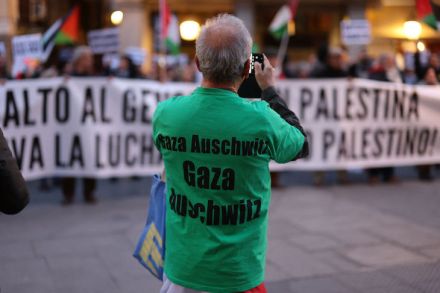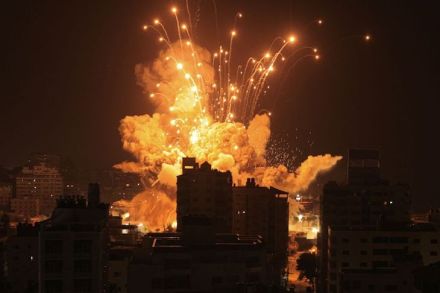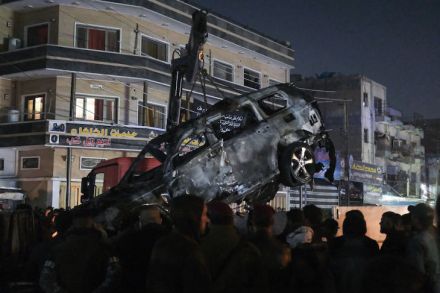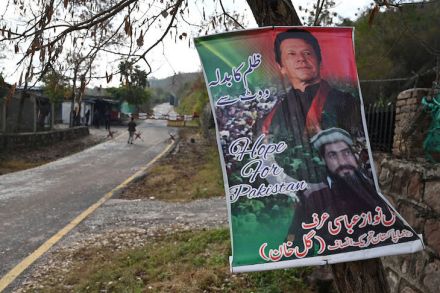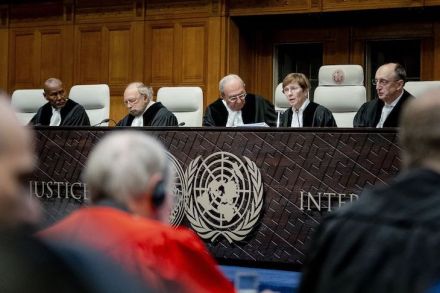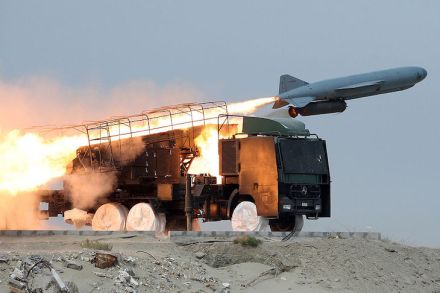Hamas blew Gaza’s golden opportunity
Whatever else the arguments concerning the Gaza War, none is more wrong-headed than the suggestion that Gazans were living in such straitened circumstances that they had no choice but to ‘break out’ on 7 October. Palestinian solidarity protestors routinely describe Gaza as a ‘prison camp’. Even the Foreign Secretary David Cameron has previously used that term to talk about Gaza. In the wake of the Hamas massacre, the UN Chief Antonio Guterres insisted that the events of 7 October ‘did not happen in a vacuum’. Although he later denied that this was a ‘justification’ of the murders, rapes and kidnappings of Israelis by Gazans, Guterres’s comments tied in with a
